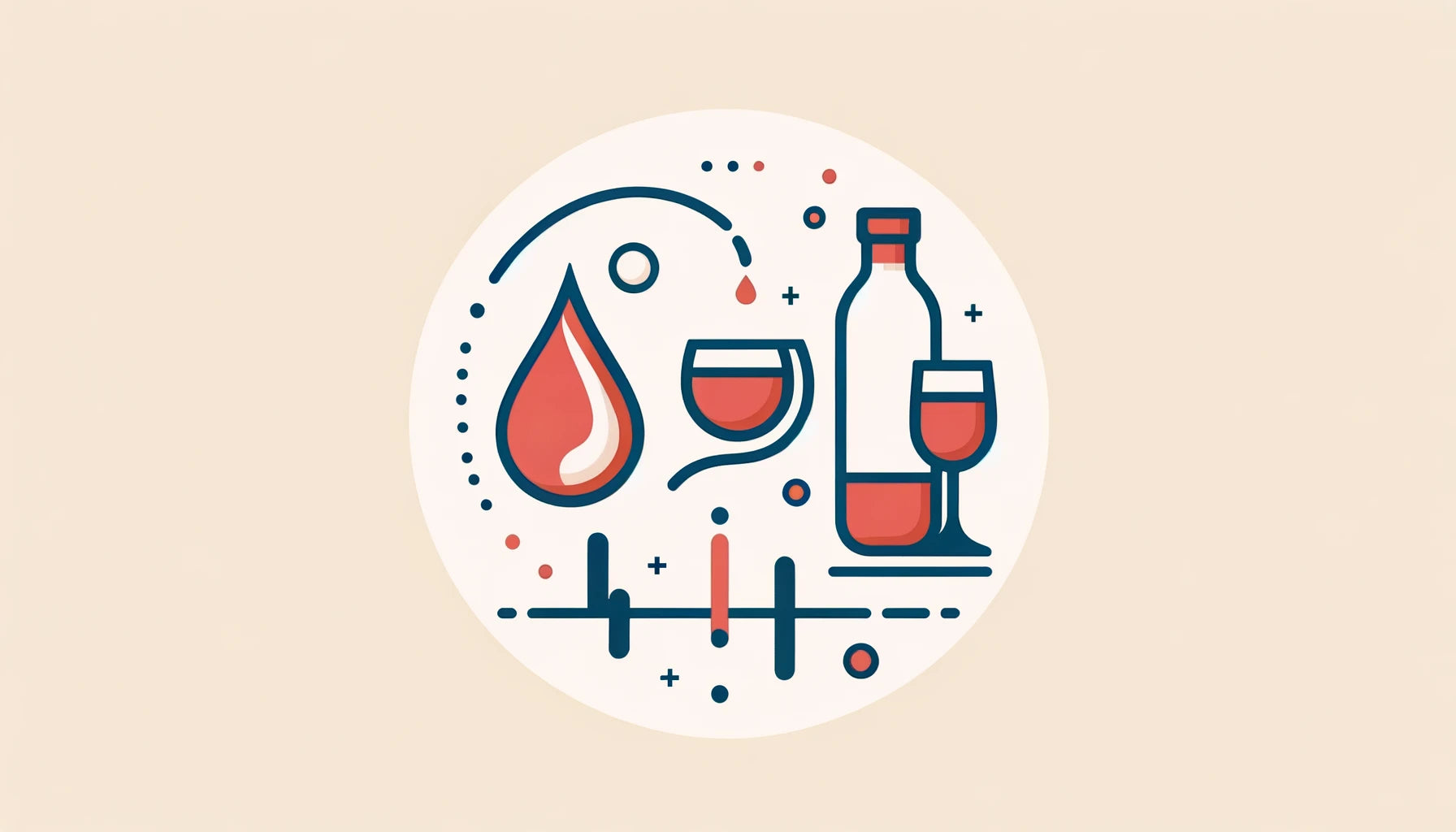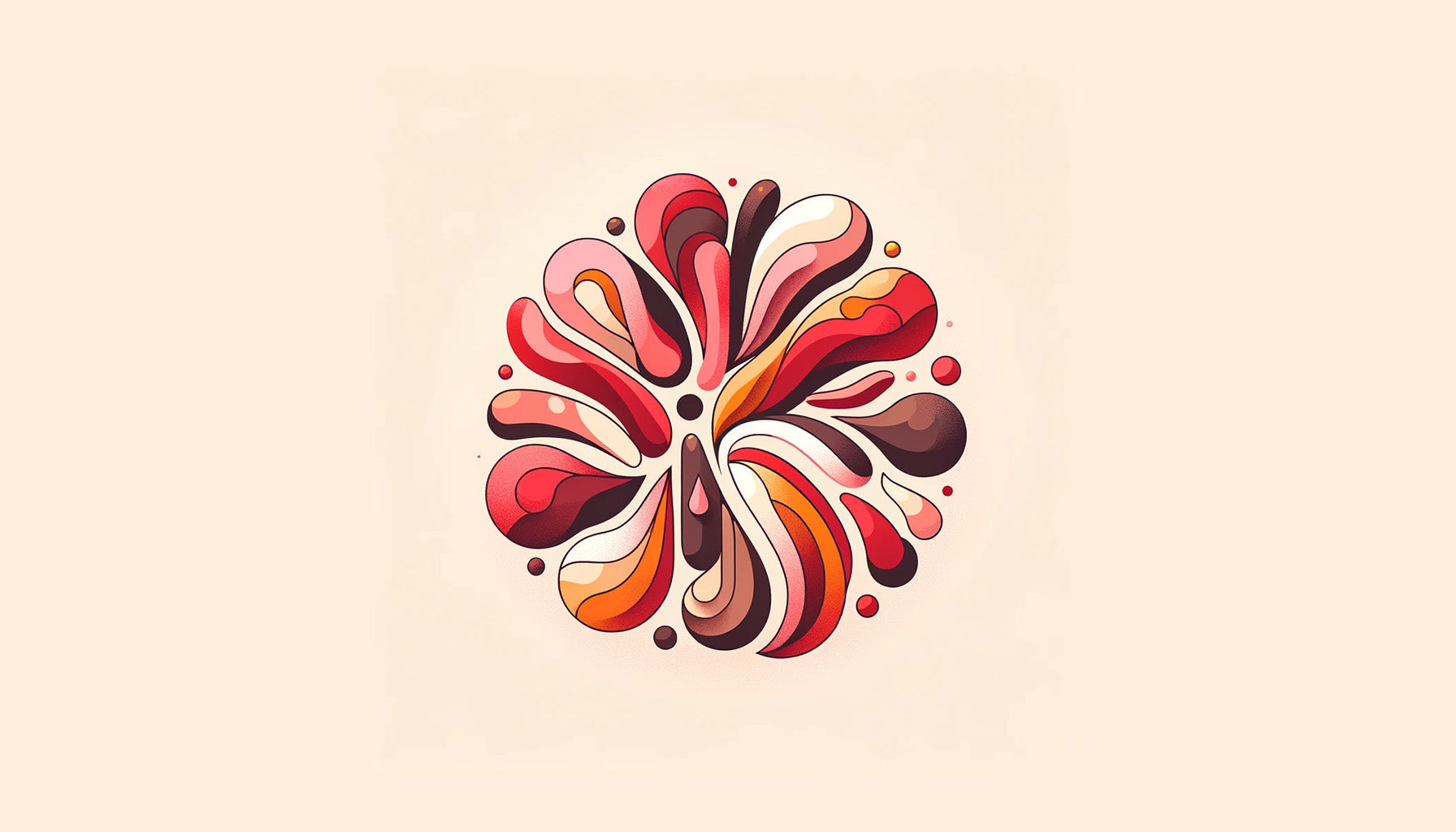For centuries, people who menstruate have been unfairly dismissed as "hysterical" or "hormonal." The reality is that we all have hormones, and they do impact our mood as they fluctuate throughout the menstrual cycle.
However, experiencing extreme mood swings or severe PMS isn't a normal part of having periods—it could be a sign of hormonal imbalance, a mental health issue, or another physical condition. Let’s break down the science behind menstrual cycle mood swings and share some tips for making them more manageable.
Important Insights
- Estrogen levels rise and fall during the menstrual cycle, and so do serotonin levels, which affect mood.
- These natural fluctuations can lead to changes in mood, energy, and libido—and that's perfectly normal.
- Mood swings occur when hormone levels spike or drop sharply, rather than fluctuating smoothly.
- Conditions like hypothyroidism or PMDD can be linked to more severe mood swings.
The Science Behind Mood Changes in the Menstrual Cycle
To understand the connection between mood and menstrual health, it helps to know the roles of two key hormones: estrogen and progesterone.
Estrogen
Estrogen is like the Beyoncé of hormones—it makes us feel confident, energetic, and sexy. This is likely because estrogen is linked to serotonin, one of the body's "happy hormones." Estrogen is produced by the follicles in the ovaries as they mature before ovulation. During the first half of the cycle (the follicular phase), estrogen is dominant, and many people feel their best during this time.
Progesterone
If estrogen is Beyoncé, progesterone is more like Billie Eilish—still powerful, but quieter, more introspective, and sometimes emotional. Progesterone stimulates the production of GABA, a neurotransmitter that has a calming effect, which can lower energy and mood levels. In the second half of the cycle (the luteal phase), progesterone takes the lead, and you may find yourself craving peace and quiet or feeling easily overwhelmed.
As you approach your period, both estrogen and progesterone levels drop, which can affect your mood. This drop is often why you might feel more emotional in the days before your period. However, the intensity of these feelings depends on how steep the hormone drop is.
Mood Changes vs Mood Swings
In a healthy cycle, these premenstrual mood shifts are usually manageable with a bit of self-care. If you find that your emotions feel out of control or especially intense at any point in your cycle, it could indicate that your hormones are out of balance.
Although "mood swings" isn't a medical term (doctors often use "mood disorders"), it’s a familiar way to describe those moments when your mood changes rapidly and feels hard to control. While moods are personal and subjective, if you feel like you’re on an emotional rollercoaster, it may be worth looking into your hormonal health.
Why do I struggle with mood swings?
There are a few common reasons why you might experience mood swings, many of which are linked to hormones.
-
Puberty: Mood swings are common during puberty, when reproductive hormones are just starting to regulate. Until your cycle becomes more predictable (which can take a few years), fluctuating hormones can lead to dramatic mood changes.
-
Low Progesterone: Progesterone has a calming effect, so low levels can make the luteal phase feel more stressful or anxious. If your luteal phase is shorter than usual (less than 8 days), PMS might feel more intense due to more rapid hormonal changes.
-
PMDD: People with PMDD (Premenstrual Dysphoric Disorder) are thought to have heightened sensitivity to the hormonal changes throughout the menstrual cycle, particularly the drop in serotonin before a period. Genetics and other factors may play a role.
-
Hypothyroidism: An underactive thyroid can impact the production of progesterone and estrogen, which throws off your hormone balance. Symptoms include low or unstable moods, fatigue, and weight gain.
-
Mental Health: Not all mood swings can be attributed to hormones. Mental health conditions, such as mood disorders like bipolar disorder, can also cause emotional instability. If mood swings are a regular part of your life, it’s important to consult a doctor, as you're not alone—1 in 5 people live with a mood disorder, and women are more likely to be affected.
How to make your mood swings smoother
If you're struggling with emotional ups and downs, consulting a healthcare provider is always a good idea. In the meantime, here are some ways to support your mood and menstrual health:
-
Live Cyclically: Try to align your lifestyle with the phases of your cycle. For example, plan big meetings during the follicular phase when your energy is higher, and give yourself more downtime during the luteal phase. While it’s not always possible to adjust your schedule perfectly, even small changes can make life feel more manageable.
-
Exercise: Movement is key for both mental and menstrual health. Exercise releases endorphins, which can lift your mood and reduce stress. It’s also a natural way to relieve period pain.
-
Rest: Sleep is essential for emotional and hormonal balance. Aim for 7-8 hours of sleep per night and allow yourself extra rest during certain phases of your cycle.
-
Nutrition: What you eat affects your mood! Fermented foods like kimchi support gut health, which is linked to serotonin production (up to 90% of serotonin is produced in the gut). Foods high in vitamin B6, like bananas, can help with serotonin and dopamine production, keeping your mood in balance.
-
Natural Supplements: While whole foods should be your main source of nutrients, supplements can help support your emotional balance. Vitamin B6, magnesium (which also helps with muscle cramps), and L-theanine are all helpful. Ashwagandha is a natural remedy known for its calming, stress-relieving properties.
By understanding how your hormones affect your mood, and making small lifestyle adjustments, you can help smooth out those emotional ups and downs and feel more in control throughout your cycle.






